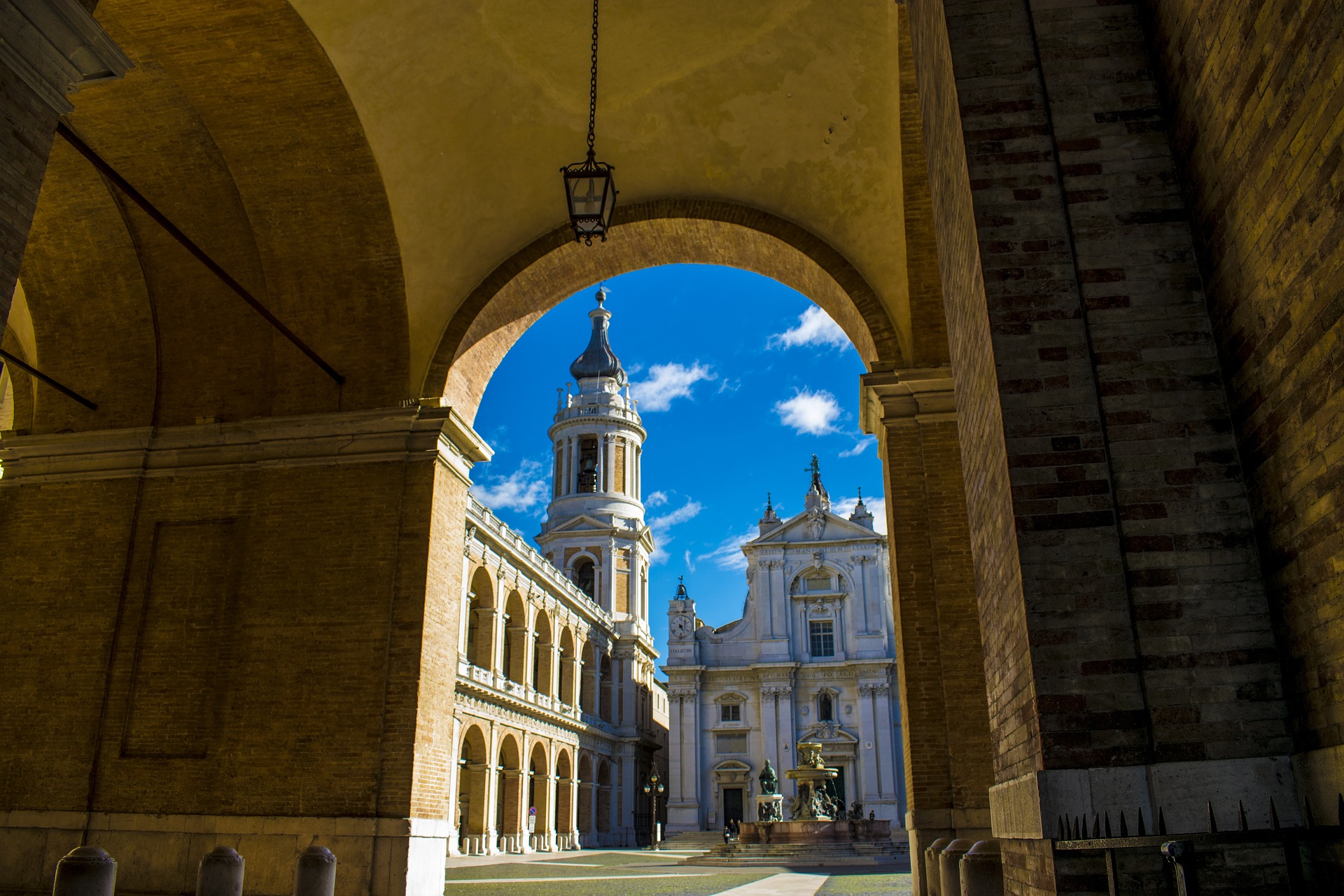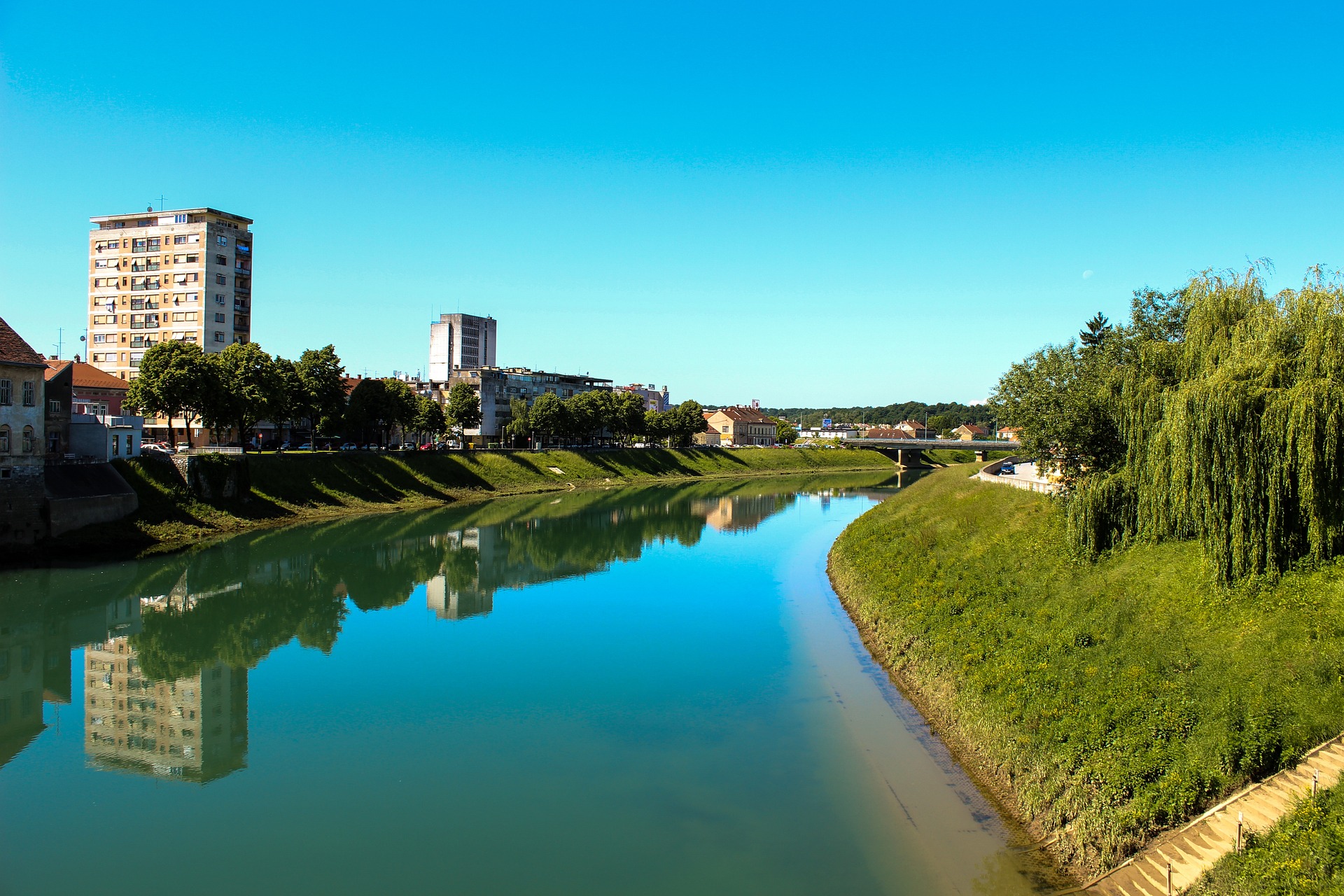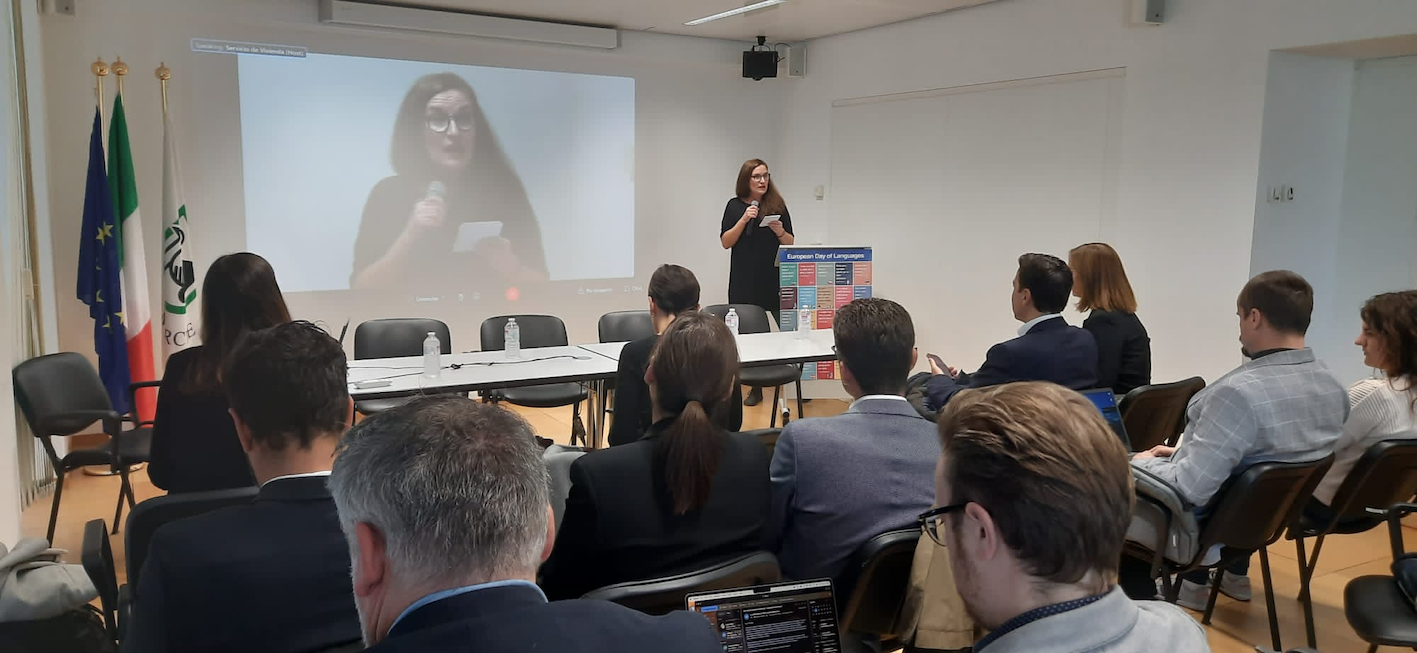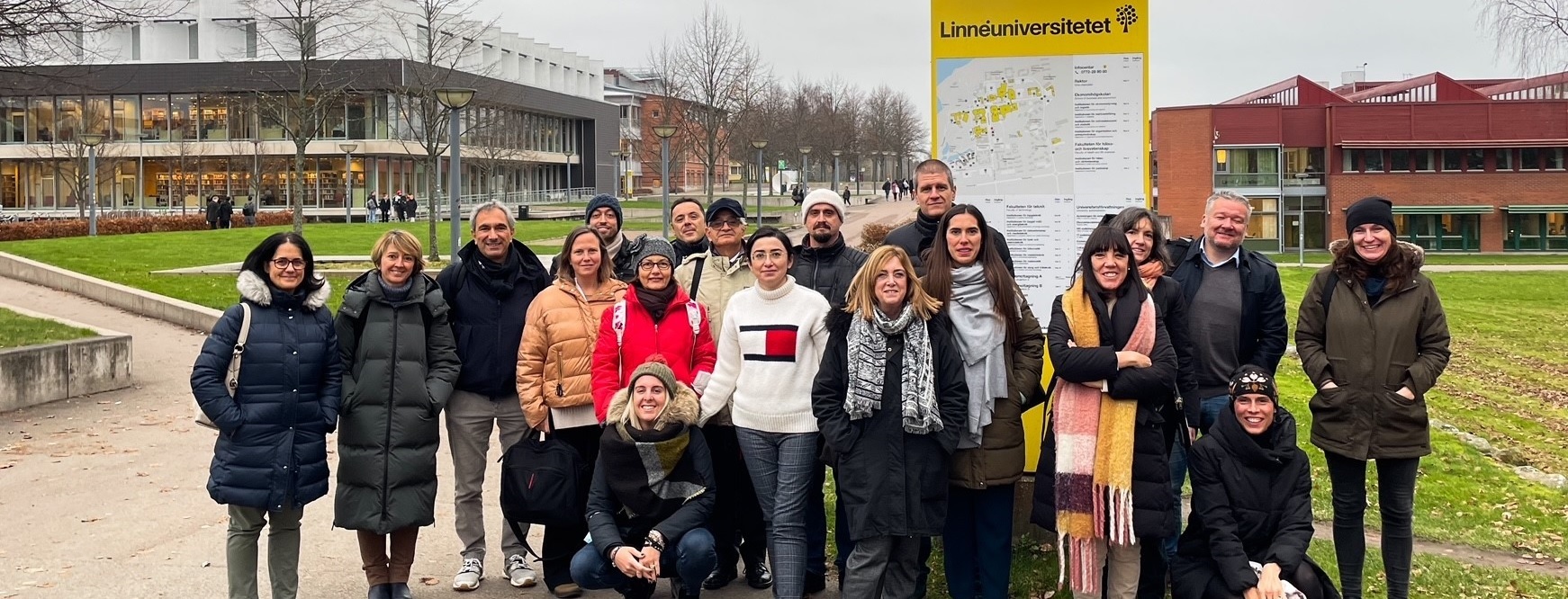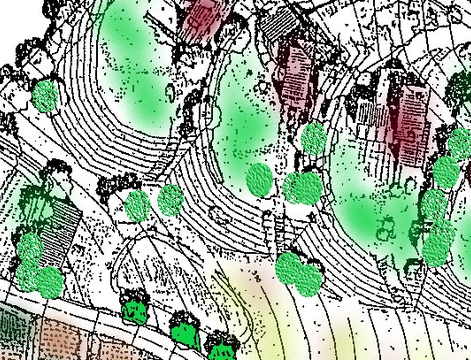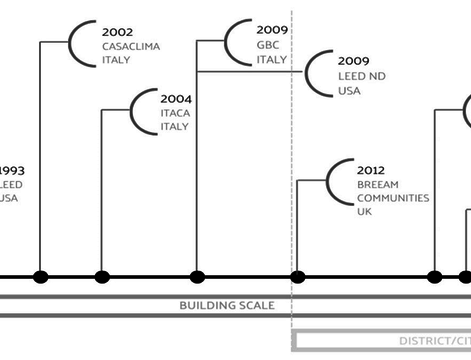North-west regional energy agency of Croatia (REGEA) was one of the partners in the Interreg Europe project LC DISTRICTS. The aim of the project was to intervene in a chosen policy instrument to make a step towards decarbonization of the districts. In the partnership with the City of Karlovac we have managed to make a significant step in the decarbonization process by addressing the energy and climate elements in the spatial plans.
City of Karlovac with the population of 55 000 inhabitants is one of historically very important cities, placed in the centre of Croatia. The mayor of the city likes to call his city a green one, which will, after the intervention we did in the LC Districts project be even more truth. City lies on four rivers; it is truly very green with lots of recreational zones and has huge transport and economic importance in Croatia.
REGEA is the biggest energy agency in Croatia, and a very successful one in the European context as well. For 15 years we are the frontrunners when it comes to setting the environment for energy transition and in the past few years combating with the climate change. Recently, we became energy and climate agency, as we found the importance of climate change issues more and more important. All this is of relevance for the LC Districts project and all future projects related to decarbonization and climate change adaptation and resilience build up.
In our cooperation with the cities of North-west Croatia, with the City of Karlovac as a frontrunner, we have identified the spatial plans as one of the key pieces of policy documents that can be either the driver or disabler of the decarbonization of districts and cities. Spatial plans are in the hand of the local and regional governance and can be seen as a tool to drive the transition. Together with the officials of the city we have decided to develop a plan for one district that will be sustainable, energy efficient and resilient to climate change.
It was a brave political decision to take this path, as this meant a steep change in the current practices. On the REGEA side we have made all necessary analysis and suggested how to implement the measures that already existed in the SECAP City of Karlovac had into the spatial plan, as that was the enabling factor. As this was an extraordinary process all relevant stakeholders were involved from the start of the process (City offices, communal services, energy providers, NGOs, academia, citizens etc.).
The result of the process was a city council approved spatial plan that as a first one in Croatia, and probably among first in Europe, sets a path to a sustainability and climate resilience of one district. Some of the key features of the plan are a full ban of fossil fuels for the purposes of heating (no natural gas network is envisaged), energy for heating only from district heating or heat pumps, above national standard in usage of renewable energy sources, nature-based solutions in relation to climate change adaptation. There are many more, but this stand out in relation to what LC Districts project is all about.
This process was recognized by the Interreg Europe secretariat, and we have presented it on one of the Policy learning events, but also other cities have recognized the importance of it, and we are now quite busy helping them with the implementation. Recently, we have done a step up and are now working on this issue together with the ministries in charge for energy transition and climate and for spatial planning. This could really present a big step in the efforts to decarbonize cities.
Participation in the LC Districts project enabled us to see good practices and inspired to implement best practices and knowledge from Sweden, Italy, Spain and Czech Republic in this and other processes we are working on daily.


